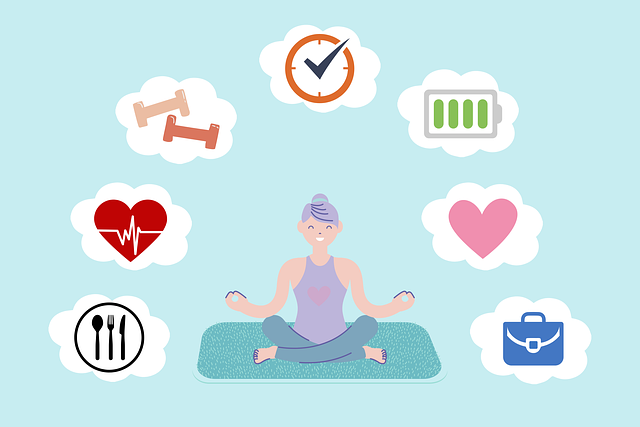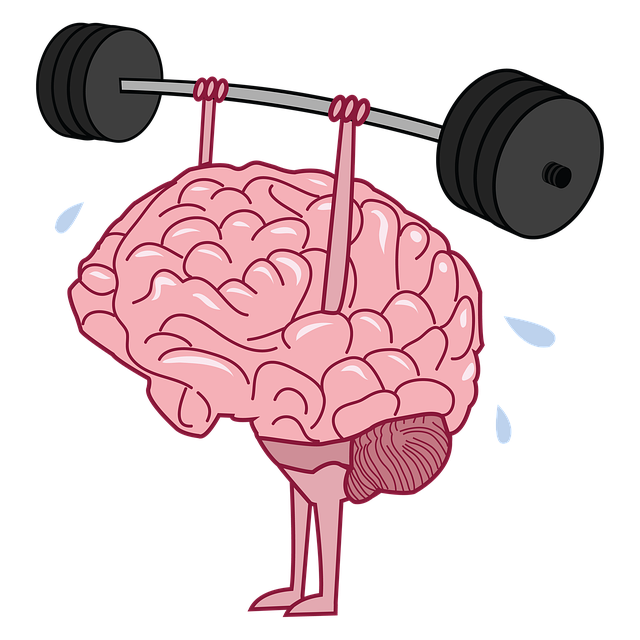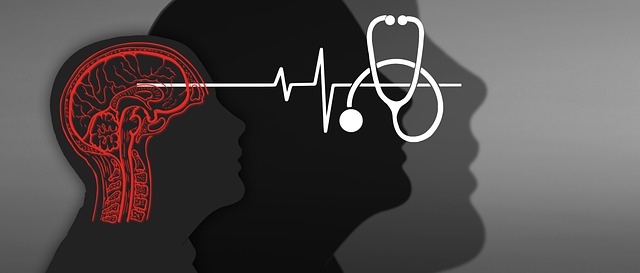Parker Biofeedback Therapy is a cutting-edge approach to emotion regulation that combines self-awareness exercises with real-time physiological data, empowering individuals to manage stress and anxiety. Integrating social skills training and self-care routines enhances emotional resilience while healthcare provider cultural competency training ensures tailored support for diverse populations. This non-invasive therapy offers significant benefits, promoting holistic mental well-being through accessible tools for crisis intervention and emotional balance.
Emotion regulation is a vital skill in today’s demanding world. The ability to manage and understand our emotions can significantly impact our overall well-being and mental health. This article explores effective strategies, focusing on introducing Parker Biofeedback Therapy as a powerful tool. We’ll delve into the fundamentals of emotion regulation, uncover its benefits, and provide an in-depth guide to implementing practical techniques. Additionally, we’ll discuss how to seamlessly integrate Parker Biofeedback into daily routines for long-lasting emotional balance.
- Understanding Emotion Regulation and Its Importance
- Introduction to Parker Biofeedback Therapy
- Practical Techniques for Effective Emotion Regulation
- Integrating Parker Biofeedback into Everyday Life
Understanding Emotion Regulation and Its Importance

Emotion regulation is a crucial skill that involves recognizing, understanding, and managing one’s emotions effectively. It plays a pivotal role in maintaining mental well-being and fostering healthy relationships. In today’s fast-paced world, where stress and anxiety are prevalent, teaching individuals to regulate their emotions can be a game-changer. This process empowers folks to navigate life’s challenges with resilience and adaptability.
Parker Biofeedback Therapy is a renowned technique that offers valuable insights into this domain. By focusing on the connection between physiological responses and emotional states, it enables individuals to gain control over their reactions. Additionally, integrating social skills training and self-care routine development for better mental health can further enhance emotion regulation capabilities. Even healthcare provider cultural competency training contributes to this process by ensuring sensitive and effective support for diverse populations.
Introduction to Parker Biofeedback Therapy

Parker Biofeedback Therapy is a revolutionary approach to emotion regulation that leverages the power of physiological feedback. This technique, named after its pioneer, Barry Parker, combines self-awareness exercises with real-time data on bodily responses, enabling individuals to gain profound insights into their emotional states. By learning to monitor and control physical reactions like heart rate and muscle tension, users can effectively manage stress, anxiety, and other emotional challenges.
The therapy involves attaching sensors to specific body areas to measure physiological responses during various activities or exercises. This data is then displayed on a screen, providing individuals with immediate feedback about their current state. Such self-awareness exercises not only foster a deeper understanding of one’s emotional triggers but also offer practical tools for achieving anxiety relief. Additionally, mental health professionals can conduct thorough risk assessments, ensuring safe and effective treatment tailored to each individual’s needs.
Practical Techniques for Effective Emotion Regulation

Emotion regulation is a vital skill, and learning effective techniques can significantly enhance one’s well-being. Among the practical approaches, Parker Biofeedback Therapy stands out as a powerful tool. This therapy empowers individuals to gain control over their physiological responses, allowing them to manage emotions more effectively. By teaching people how to recognize and alter their bodily reactions to stress or anxiety, biofeedback promotes self-awareness and emotional balance.
Complementing these techniques, Social Skills Training and Compassion Cultivation Practices offer additional strategies for emotion regulation. The former focuses on enhancing interpersonal interactions, which can reduce feelings of isolation and improve emotional resilience. Meanwhile, compassion cultivation practices encourage individuals to cultivate a sense of empathy and kindness towards themselves and others, fostering a more positive mindset. In the context of mental health advocacy, these techniques are essential components of holistic therapy, backed by robust Mental Health Policy Analysis that emphasizes accessible and comprehensive care.
Integrating Parker Biofeedback into Everyday Life

Integrating Parker Biofeedback Therapy into everyday life can significantly enhance an individual’s ability to manage and regulate their emotions effectively. This non-invasive technique offers a practical approach to self-care practices, empowering individuals to take control of their emotional responses. By learning to interpret real-time physiological data, users gain valuable insights into the connection between their thoughts, feelings, and bodily sensations. This heightened self-awareness forms the foundation for implementing effective emotion regulation strategies in various life situations.
The simplicity and accessibility of Parker Biofeedback make it an excellent tool for crisis intervention guidance. Individuals can easily incorporate self-awareness exercises using this technology into their daily routines, promoting better emotional health and resilience. Regular practice enhances one’s capacity to stay calm during stressful events, fostering a sense of balance and control. This integration of biofeedback into everyday life is a powerful step towards cultivating emotional well-being and building effective coping mechanisms.
Emotion regulation is a vital skill, and with techniques like Parker Biofeedback Therapy, individuals can gain greater control over their emotional responses. By understanding the importance of emotion regulation and learning practical techniques, people can enhance their overall well-being. Integrating Parker Biofeedback into daily routines allows for continuous practice and improvement, fostering a more balanced and resilient mindset. This holistic approach to emotional health empowers folks to navigate life’s challenges with greater ease and self-awareness.














